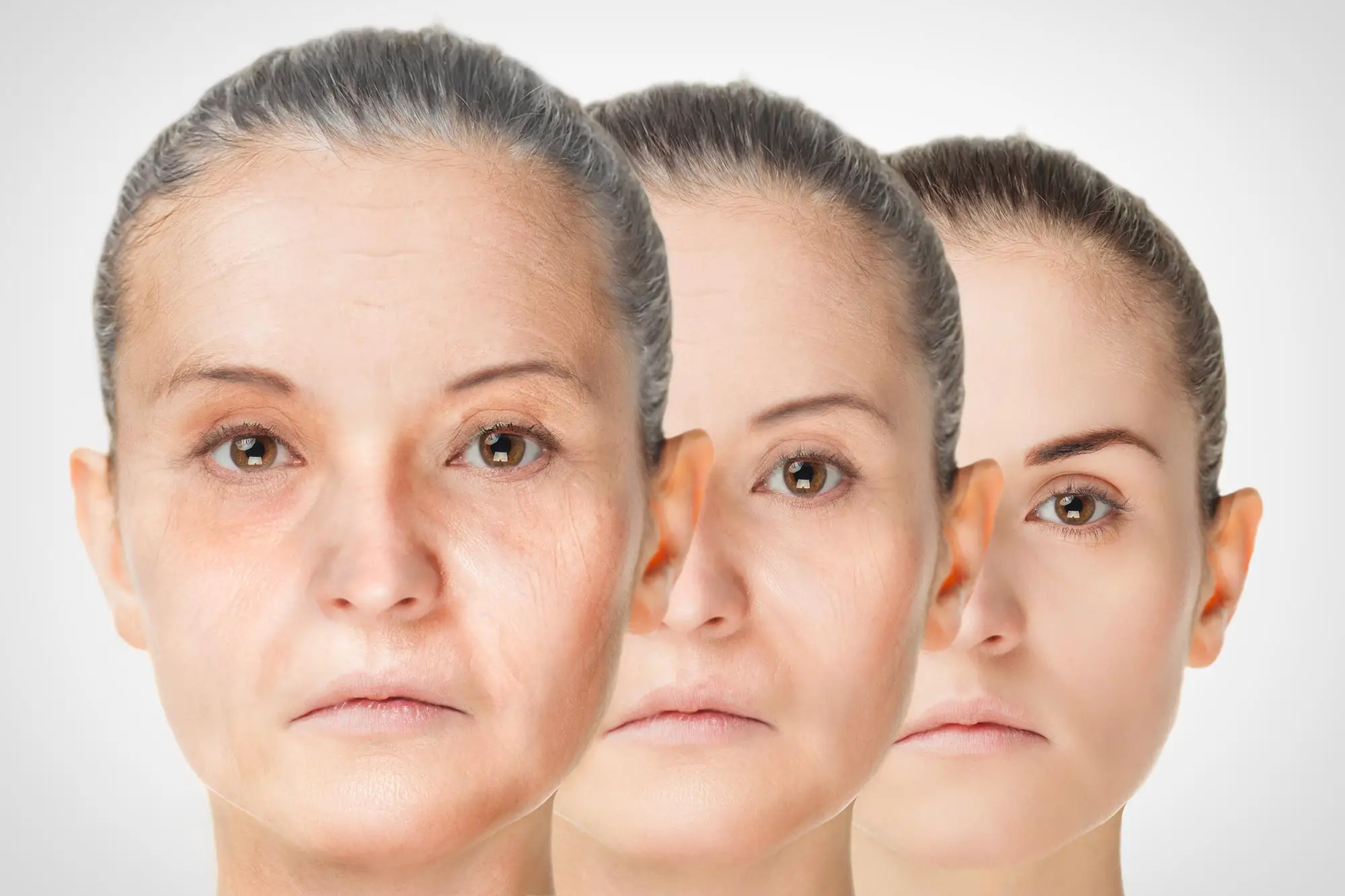The human microbiome is a complex collection of microorganisms that live on and in our bodies. It consists of bacteria, archaea, fungi, protists, and viruses that are important to our overall health and wellness. In this article, we will explore the human microbiome, how it affects our health and well-being, and what steps you can take to maintain a healthy balance of microbes in your body.
What is the Human Microbiome?
The human microbiome consists of all the microorganisms that live on or inside us. These include bacteria, archaea, fungi, protists, and viruses. Most of these microbes are found in the gut (the gastrointestinal tract) but can also be found on the skin, mouth, nose, eyes, vagina, and other body parts.
The composition of the human microbiome varies from person to person depending on factors such as age, diet, lifestyle habits, and environment. However, most people have similar types of microbes living in their bodies.
How Does The Human Microbiome Affect Our Health?
The human microbiome plays a vital role in maintaining good health by helping to regulate our immune system and protect us from disease-causing pathogens. It also helps digest food more efficiently by breaking down complex molecules into simpler forms that can be absorbed by our cells for energy production. Additionally, it produces vitamins such as B12, which are essential for our bodies normal functioning.
In addition to its role in digestion and immunity regulation, research has shown that certain bacteria may also influence mental health conditions such as depression or anxiety disorders. This suggests that maintaining a healthy balance between beneficial and harmful bacteria may be necessary for overall mental and physical well-being.
How Can We Maintain A Healthy Balance Of Microbes In Our Bodies?
There are several steps you can take to maintain a healthy balance of microbes in your body:
- Eat a balanced diet: Eating foods rich in prebiotics (such as fruits and vegetables) can help promote healthy bacterial growth while avoiding processed foods containing additives that may disrupt the microbial balance.
- Exercise regularly: Regular exercise helps keep your digestive system running smoothly which can help maintain a healthy balance between beneficial and harmful bacteria.
- Reduce stress levels: Stress has been linked to changes in microbial populations so reducing stress levels through activities such as yoga or meditation can help keep your microbiome balanced.
- Avoid antibiotics unless absolutely necessary: Antibiotics kill both beneficial and harmful bacteria so it’s important to only use them when absolutely necessary (e.g. if you have an infection).
- Get enough sleep: Sleep deprivation has been linked with changes in microbial populations so make sure you get enough restful sleep each night (7-9 hours per night is recommended).
- Practice good hygiene: Washing your hands regularly with soap helps reduce transmission of disease-causing pathogens while also helping maintain a healthy balance between beneficial and harmful bacteria on your skin.
Conclusion
The human microbiome plays an important role in maintaining good health by helping to regulate our immune system and protect us from disease-causing pathogens while also influencing mental health conditions such as depression or anxiety disorders. There are several steps you can take to maintain a healthy balance between beneficial and harmful bacteria including eating a balanced diet; exercising regularly; reducing stress levels; avoiding antibiotics unless absolutely necessary; getting enough sleep; practicing good hygiene; etc.. By following these tips you can ensure that your body’s microbial population remains balanced for optimal health!
Sources
- https://www.ncbi.nlm.nih
- https://www.hhs.gov
- https://www.niaid.nih.gov
- http://theconversation.com
- https://www.researchgate.net
- https://academic.oup.com/femsre
- https://academic.oup.com/ajcn
- http://dmm.biologists.org
- https://genomebiology.biomedcentral
- http://pubmedcentralcanada.ca


Comments are closed